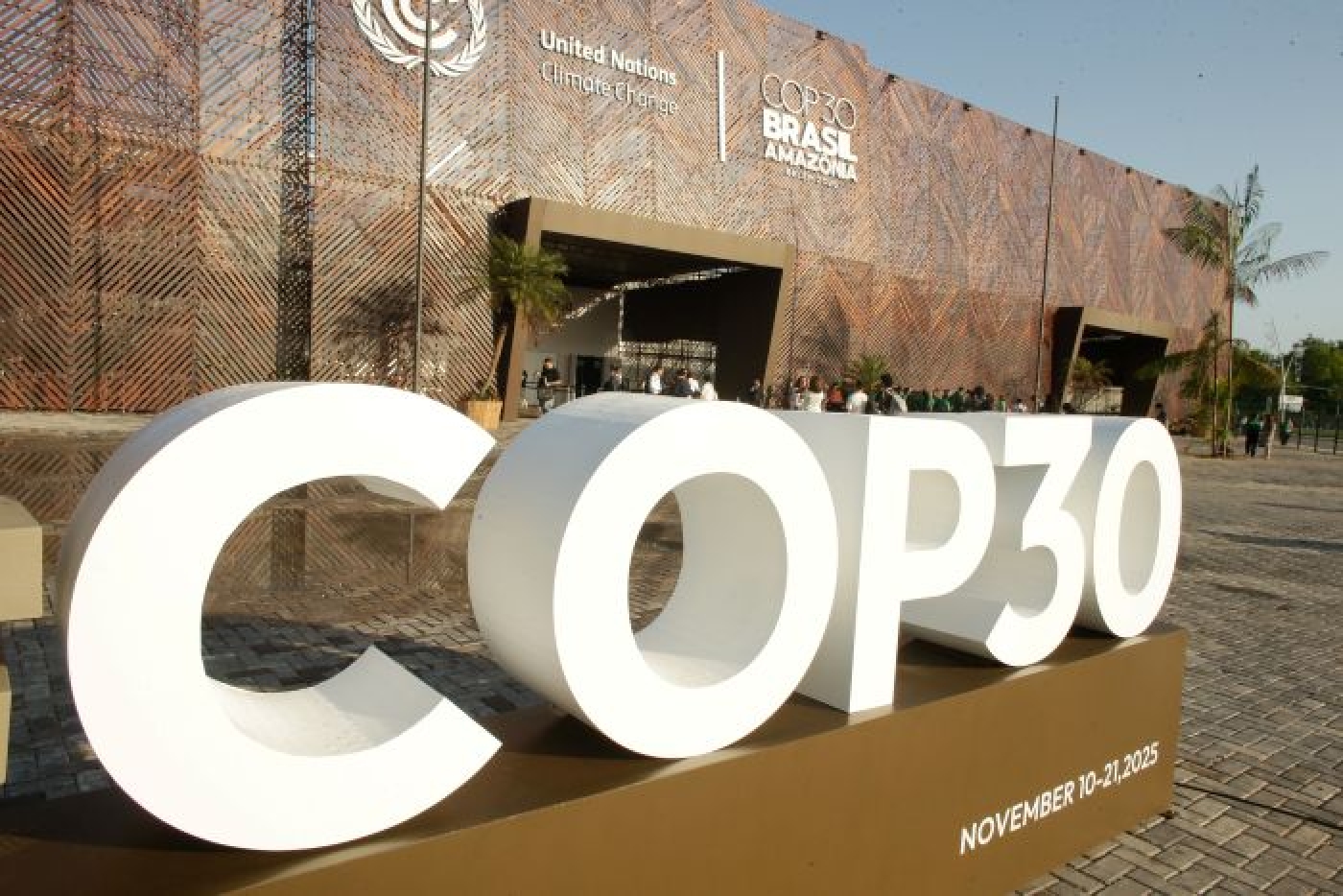As a result of the commitment to address the issue of climate change, as stated in the London Declaration of the ISO - International Organization for Standardization, ISO and the IAF - International Accreditation Forum, have made an amendment to Chapter 4 of the Harmonized Framework (Appendix 2 of Annex SL in the ISO/IEC Directives Part 1 Consolidated ISO Supplement). More information can be found here.
ISO 50001 - Energy Management System is one of several standards covered by this amendment.
What should be considered in an Energy Management System according to ISO 50001?
There is no standardized approach to climate change considerations in an energy management system (EMS) according to ISO 50001. However, we share as a reference part of the text taken from a White Paper developed by the partners of the IQNET Association, of which APCER is a member representing Portugal.
These considerations are not sufficient on their own, nor are they considered complete; they are merely identified as the most likely to be analyzed by organizations:
Energy efficiency and conservation: Climate change is intensifying the need for greater energy efficiency in response to rising temperatures and extreme weather conditions. This could lead to an increase in energy demand, especially for cooling systems.
Renewable energy sources: As part of the response to climate change, there is an increasing shift towards renewable energy sources. Organizations may need to explore and integrate renewable energy into their operations, which aligns with global efforts to reduce greenhouse gas emissions.
Risk management: Climate change may introduce new risks or exacerbate existing risks related to energy supply and costs, which need to be managed to ensure that energy-related processes remain resilient in the face of climate-induced changes.
Regulatory compliance: With the growing focus on carbon footprint reduction and sustainability, governments around the world are developing and implementing regulations related to energy use and climate change. Organizations must take these new requirements into account to avoid sanctions and reputational damage.
Adaptability and operational resilience: Climate change can affect operating conditions and the availability of resources. Organizations may need to adapt energy use to changing conditions, improving resilience and ensuring continuity of operations.
Cost management: Fluctuations in energy costs due to climate-related factors can impact an organization's financial health. Efficient energy management can help control and reduce energy costs.
Reducing carbon footprint: Addressing climate change involves reducing greenhouse gas emissions. An EMS focused on improving energy efficiency and incorporating renewable energy sources contributes significantly to reducing an organization's carbon footprint.
Other Climate Change considerations that all organizations certified to the management system standards covered by this amendment should consider
Certified organizations, regardless of the sector of activity in which they operate and the type and scope of the management system, may need to review and adapt other processes and consider other issues in order to better address and accommodate changes in context, evolving requirements and stakeholder needs, as well as new risks arising from climate change.
Training and awareness: Effective management approach and practices in the context of climate change require informed and aware people. Certified organizations may need to include training programs that convey climate-related challenges and changes to their employees, ensuring that they understand the evolving nature of related risks and their responsibilities.
Engagement and communication with stakeholders: Engagement with stakeholders on climate-related compliance issues is crucial. Certified organizations should facilitate communication and engagement with stakeholders, including investors, customers, regulatory bodies and the community, on how the organization addresses climate-related compliance issues.
Monitoring and continuous improvement: Given the dynamic nature of climate change and its impacts, certified organizations must be able to monitor and continuously improve. This ensures that the organization can adapt its strategies in response to new information, regulations and best practices related to climate change.
Innovative solutions for greater resilience: Organizations may need to invest in innovative solutions to strengthen resilience in the face of climate-induced challenges and risks, and thus contribute to better performance and effectiveness.
Long-term strategic planning: Organizations must consider long-term trends and contextual issues, including those related to climate change. This enables strategic planning that aligns with global sustainability goals and climate change mitigation efforts.
Reputation and brand value: Organizations that do not address climate change risks or adopt sustainable practices may suffer in terms of reputation and brand value, as consumers and investors increasingly value sustainability. For some organizations, public perception can also be critical. Those that fail to take adequate measures to combat or adapt to climate change may suffer damage to their reputation, which can have a direct impact on customer loyalty and brand value.
Insurance and risk management: The increased frequency and severity of weather phenomena can lead to higher insurance premiums. For organizations with significant physical assets, or those operating in high-risk areas, this can represent a substantial financial burden.
Identifying new opportunities: Organizations can also look for opportunities arising from the transition to a greener economy, such as the development of new products or services, efficiency improvements and access to new markets.















